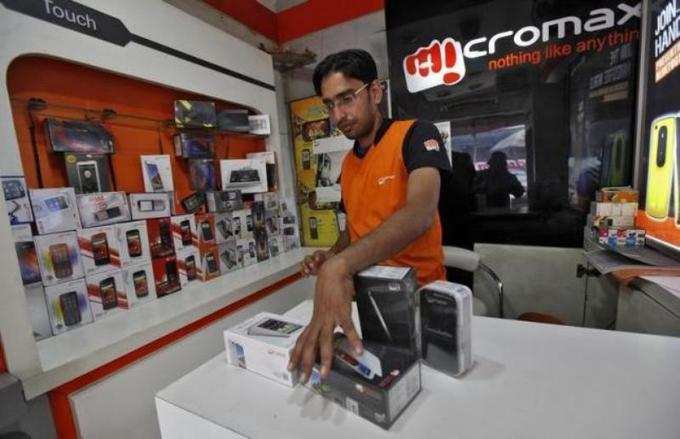
Soon after
Xiaomi has created ripples across the tech ambit
for having sold 2.12 million
phones in 12 hours, Indian
mobilephone maker
Micromax is
also planning to walk the proven path. As per
a report by The Economic
Times, Micromax is
introducing '
flash sale' to
its online retail strategy as
the country's second largest
handset maker looks to
maintain its break-neck
growth rate and take
competition such as Xiaomi
and
Motorola head-on.
Micromax chief Vineet Taneja
told The Economic Times, the
phone makers will offer
exclusive products in
different price ranges with
online retailers Flipkart,
Amazon and
Snapdeal. Micromax
has clocked 54% jump in its
revenues for the year ended
March 2015 at around 10,000
crore.
"Apart from creating a buzz,
it (flash sale) also helps in
planning our supplies better.
It gives us an estimate of
how much stock we have,"
Taneja added while speaking
to the financial daily.
Micromax has recently
launched Canvas Spark, a Rs4,
999 smartphone, to be sold
exclusively on Snapdeal
through flash sales starting
April 29. The company plans
similar deals with Amazon and
Flipkart.
However, the company will
continue to sell its existing product
portfolio across the online
portals and through offline
stores.
While this is the first time
Micromax has not explored
flash sale on its own , its
subsidiary
Yu Televentures holds flash sales of its Yu
smartphone every
Thursday and
has sold over 200,000 units so far.
With the flash sale and tie-
ups with eCommerce majors,
Taneja said Micromax aims to
extend its lead in the mass
smartphone market, or sub- 7,
000 segment, which is the
fastest growing price segment.
The firm looks to maintain
its 50% growth rate this
fiscal year through new
launches, online flash sales
and by ramping up local
manufacturing.
Taneja said contribution of
the mass market segment to
overall volumes had increased
to 60% in January-March
quarter, from 50% in April-
June 2014. While the overall
smartphone market grew 17%
over this period, the mass
market segment doubled,
contributing 45%-50% by value,
he added.
(Image: Reuters)

